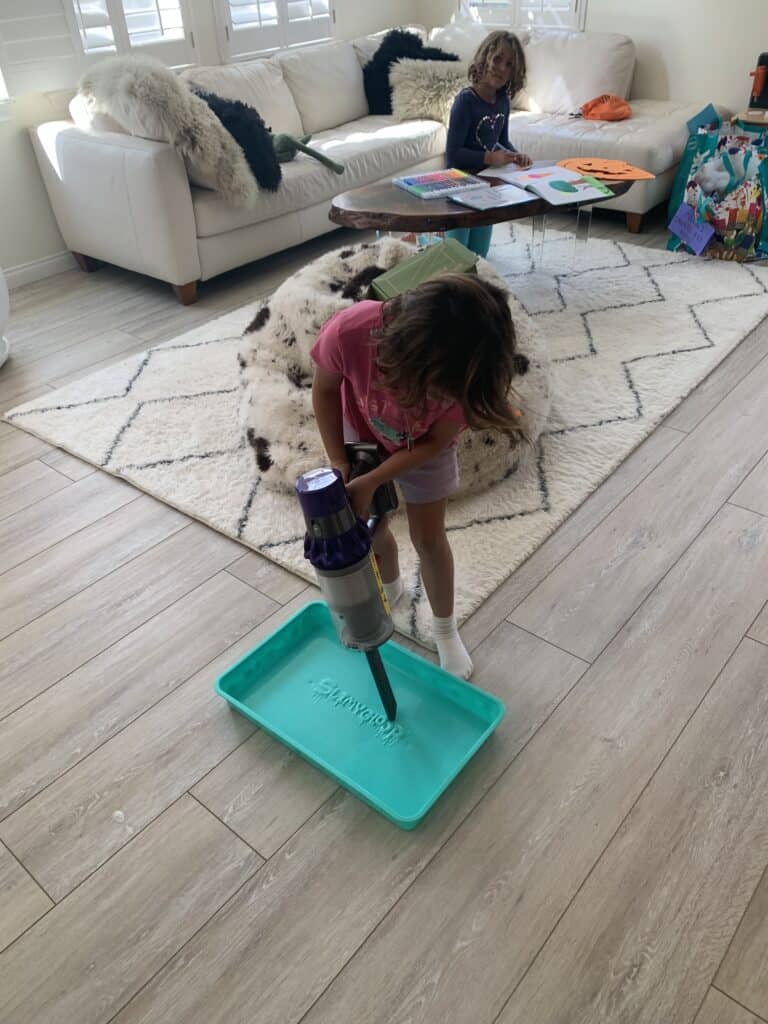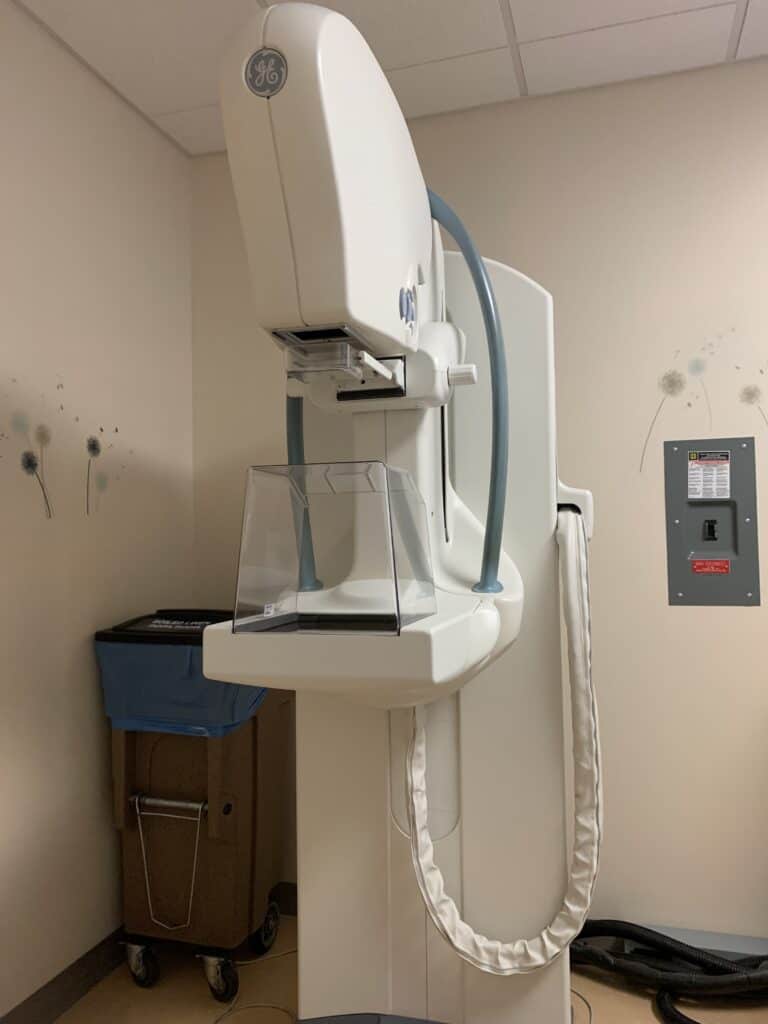Prioritizing Myself:
Embracing Life After Cancer Treatment
After battling cancer, the journey to rediscovering and prioritizing yourself can be as challenging as the treatment itself. Post-treatment life often brings with it a sense of not quite looking or feeling like your old self. For mothers, this transition is even more complex, as the physical and emotional toll of cancer can linger long after active treatment ends. The questions that haunted me when my treatment concluded might sound familiar to you: “Now what?”
Reentering Life with Confidence
Reentering your new normal life and community with confidence requires intentionality. How can you increase your odds of survival, be more present in the moment, and live meaningfully despite the uncertainty? It’s the small, daily decisions—what you eat, how you move, the products you use, and your choice between happiness and stress—that collectively shape your well-being and strengthen your immunity. Reassessing your priorities and reconsidering your schedule and to-do list is crucial. Remember, prioritizing yourself will make you stronger and better equipped to care for your family.
Embracing Self-Care

Common Challenges and Coping Mechanisms
Dealing with Lingering Side Effects
Post-treatment, you might still face side effects like early menopause, weight changes, fatigue, insomnia, mental fog, mood swings, lymphedema, or neuropathy. These lingering effects can significantly impact your quality of life. Here are some ways to cope:
- Be patient with yourself: Healing takes time.
- Communicate with loved ones: Let others know that you’re still dealing with side effects.
- Explore complementary treatments: Always consult your doctor first, but consider physical therapy, acupuncture, hypnotherapy, traditional therapy, naturopathy, or CBD. These can significantly aid your healing journey. I believe that they all played a huge part in my healing journey. To read more about it, check out my blog post here (coming soon).
- Maintain a balanced diet and exercise: These can improve your well-being and reduce recurrence risk.
- Consider seeking out for complementary treatments through non profit organizations for no charge. I highly recommend the organizations Uniteforher and Docancer.

Handling Fear of Recurrence and Scanxiety
The fear of recurrence is a common and understandable concern. When you’re called back for follow-up scans, anxiety can skyrocket. Here’s how to cope:
- Develop coping strategies: You can’t control the future, but you can control how you support yourself. Engage in activities you enjoy daily. It can be as small as taking time to drink your favorite coffee, catch up on a hobby, spend time with a friend or spend some time in nature.
- Practice mindfulness: Use gratitude journals, meditations, breathing techniques, and positive affirmations. It will also help you to stay present in the moment and not worry about the future.
- Identify and manage triggers: Recognize what triggers your anxiety and implement learned techniques to manage it.
- Consider hypnotherapy: This can help manage anxiety through deep relaxation and focused concentration. Hypnosis a state of deep relaxation and focused concentration. It’s a type of mind-body medicine. A hypnotherapist guides you into this deep state of focus and relaxation with verbal cues, repetition and imagery. When you’re under hypnosis, this intense level of concentration and focus allows you to ignore ordinary distractions and be more open to guided suggestions to make changes to also help with anxiety. Read here about my experience with Hypnotherapy (coming soon).

Lowering the Risk of Recurrence
Studies show that 90% of cancers are due to environmental factors, yet the primary cause still remains unknown. These factors consist of lifestyle choices, such as diet, fitness, and mindset, as well as exposure to both indoor and outdoor toxins. Cancer is a complex disease and its origin is often unidentified. Nevertheless, we now know that our way of life and our exposure to toxins can have an impact on the development of cancer. Fortunately, most individuals can make positive lifestyle changes and learn how to reduce their exposure to household toxins.
- Empower yourself with knowledge: I highly recommend the website Anticancer Lifestyle which is backed by many doctors and experts in the cancer world.
- Adopt a healthy diet: Focus on vegetables, fruits, whole grains, lean proteins, and fatty fish. Avoid processed foods.
- Exercise regularly: The American Society of Oncology recommends to exercise after a diagnosis of any cancer, a person should be exercising 150 minutes a week, or about a half-hour a day, five days a week. Why does exercise reduce cancer risk? Exercise can change how genes express themselves, leading to what scientists call beneficial epigenetic modifications in cancer patients. Exercise can help how genes are expressed and it also helps to control insulin, body weight, and may lead to less fat tissue. Research also shows: physical activity after diagnosis may reduce the risk of death from breast cancer.
- Manage stress: Implement mindfulness practices to keep stress levels in check.
- Avoid toxins: Read product labels and avoid items with hormone-disrupting chemicals. Stay away from chemicals or preservatives (parabens, phthalates, petrolatum, for example) with hormone-disrupting properties since Breast cancer is often fueled by the hormone estrogen. Check out the apps Clearya, EWG and ThinkDirty for toxin free shopping.




Balancing Health and Family
Prioritizing your health while managing family responsibilities can be daunting. Here are some tips:
- Understand that taking care of yourself and prioritizing your needs to heal is the best thing you can do for your family.
- Reevaluate priorities: Make a list of essential tasks and delegate or eliminate non-essential ones. Make a list of what needs to be done. This could include household chores, child care, and tasks related to your cancer treatment, such as taking time to talk to a therapist weekly. Then decide which items are most important for you and which items you can ask someone else to do or just leave undone. Track the family’s activities, including YOURS, on a calendar that is shared or displayed so everyone can see it. Talk about the plans together at the beginning of each week.
- Involve your children: Even young children can help with household chores.
- Free up time: Consider grocery delivery, meal prepping, carpooling, and reducing unnecessary activities. Consider hiring a housekeeper if you can afford it.

Ensuring Follow-Up Care
After active treatment, your oncologist should provide a survivorship care plan that includes:
- A summary of your treatment (such as surgery, chemotherapy, and radiation) that you received.
- A roadmap of what to expect after finishing treatment, including potential late and long-term effects, a surveillance schedule (what tests you will receive and when, who will order them and why these tests are important), what other health conditions should be screened for and when, as well as healthy lifestyle recommendations and where to find additional resources you may need.
- Allow your doctor to demonstrate how to perform monthly self-checks, even after a mastectomy.
- Make sure you comprehend the typical symptoms to watch out for in the event of a recurrence.
- Continue to advocate for yourself, as no one knows your body better than you do.

Finding Professional Help
Lifestyle changes can be challenging. Consider seeking help from health coaches or therapists, and explore resources like DoCancer, which sponsors sessions for cancer survivors. Connecting with survivor friends through organizations like Little Pink Houses of Hope can also provide valuable support. Read more about my experience here.
Embrace Your Journey
Remember, prioritizing yourself is not selfish—it’s essential. By taking care of your health, you ensure you have the strength and resilience needed to support your family and embrace life after cancer. Every small decision counts, and every step you take towards self-care is a step towards a brighter, healthier future.
Join Our Community
If you found this guide helpful, please share it with others who might benefit. For more detailed information, personal stories, and expert advice, subscribe to my newsletter [Subscribe Now].
Follow Me on Instagram
For weekly inspiration, tips, and updates, connect with me here!
Thank you for being a part of our community.

